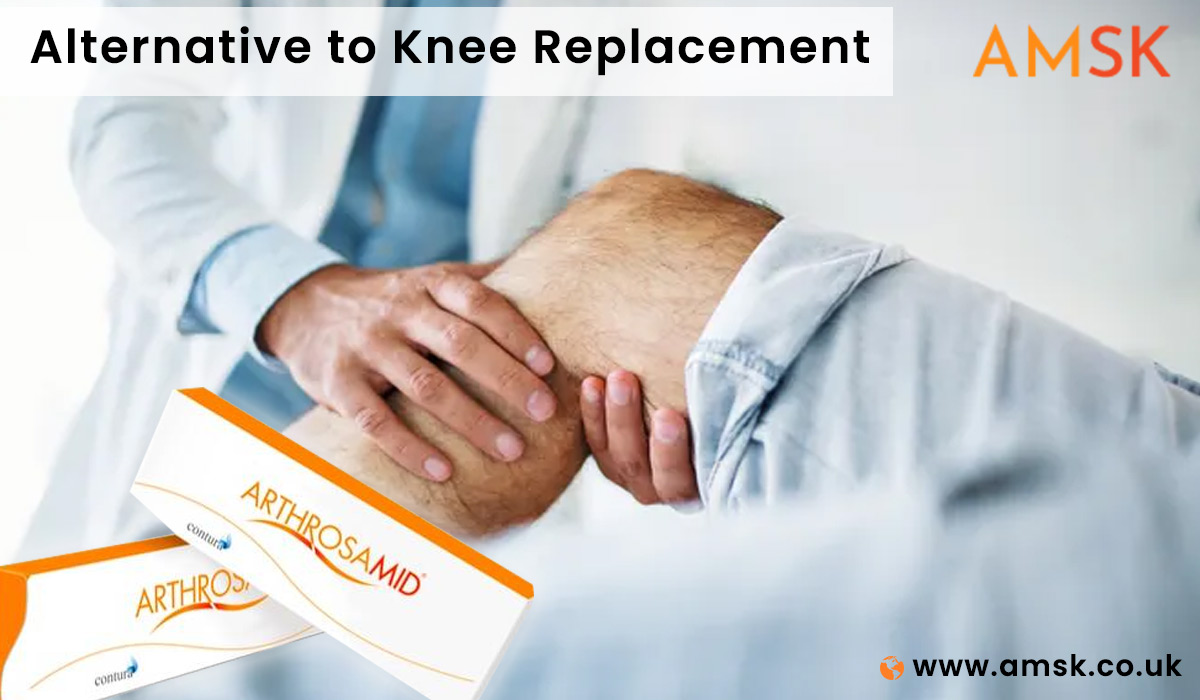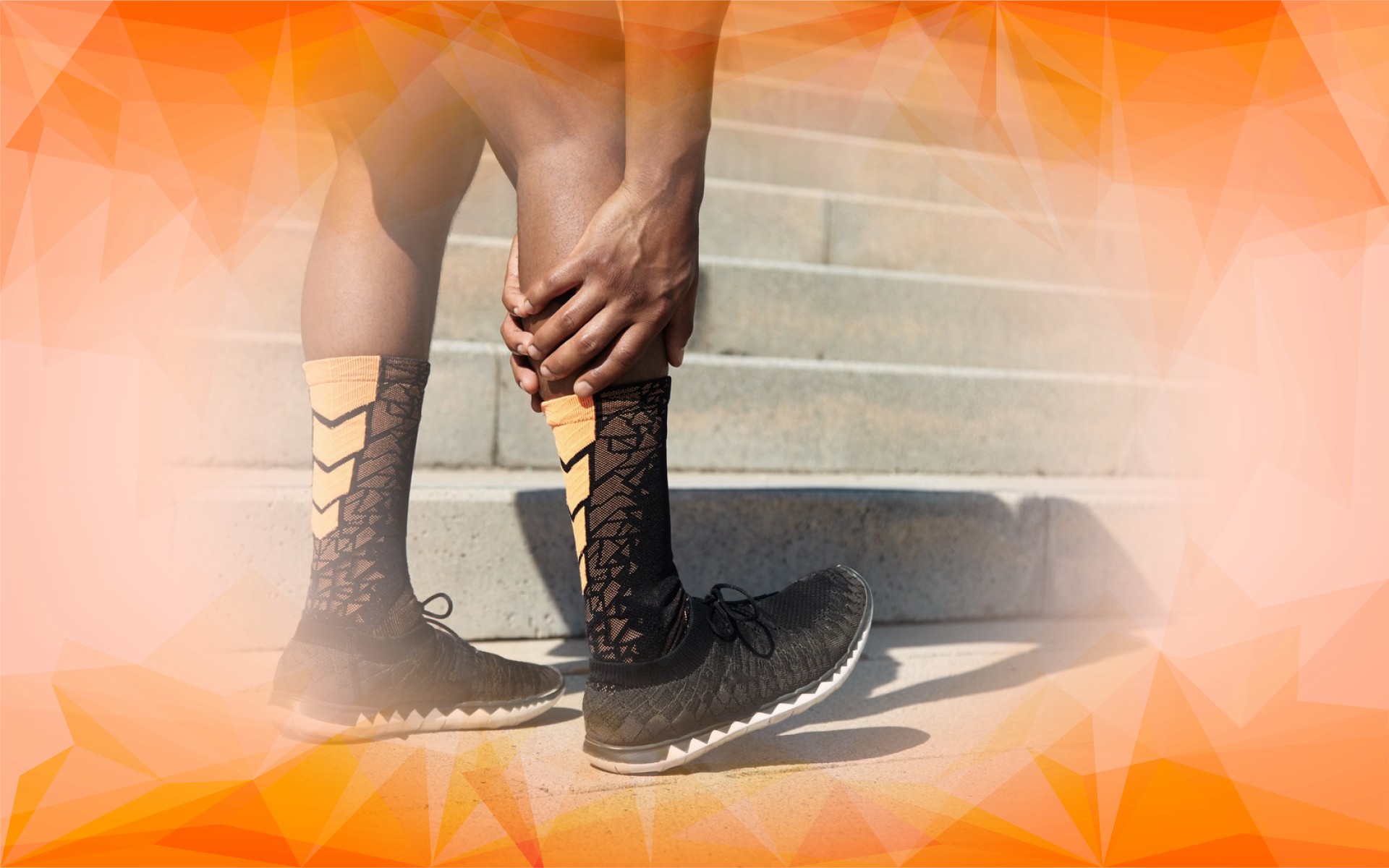Osteoarthritis is a severe knee condition that affects cartilage and soft tissues between the knee joint, resulting in immobility. Apart from affecting adults over 50, this knee bone disorder can also affect teens due to obesity and critical knee injuries. Sometimes, it needs Knee replacement to treat arthritis and knee joint pain. However, this treatment isn’t suitable for every patient, especially one with diabetes, surgical anxiety, etc. In such situations, Arthrosamid injection is the most promising alternative to knee replacement.
Reasons Why Arthrosaimd Is An Excellent Alternative To Knee Replacement
Arthrosamid is an intra-articular polyacrylamide hydrogel injection that is injected between knee joints. The hydrogel minimises the friction level between two cartilages increasing lubrication while reducing pain. And within a few days, patients will be able to move their knees freely and comfortably.
Arthrosamid injections are proven to control knee pain within 6 months of treatment, increasing your knee’s natural mobility. Meanwhile, total knee replacement takes 12 to 18 months to recover fully. This treatment is very useful for people who had poor responses to nonsteroidal anti-inflammatory drugs (NSAIDs), or corticosteroid injections. Here are the reasons that mark why Arthrosamid is an ideal alternative to knee replacement.
- Opens Non-surgical Option For You
Arthrosamid is a non-surgical way of treating osteoarthritis or joint pain. Without going through anaesthesia, incisions, and a restless recovery period you can cure stiffness and knee pain within a few weeks with this treatment. On the other side, orthopaedic surgeons make incisions to plant artificial knee prostheses during the knee replacement process that risk internal bleeding, infection, and even a fracture to soft tissues.
- Lowers The Risk
Unlike any form of knee replacement, Arthrodamid doesn’t compromise the safety of your health. Without showing any side effects, this injection can increase the mobility of your knee keeping you agile and active. Arthrosamid is a non-biodegradable hydrogel technology that consists of 2.5% cross-linked polyacrylamide and 97.5% non-pyrogenic water. This hydrogel later dissolves in the knee cavity increasing the thickness of the synovial fluid.
- Improves Your Knee Functionality
Knee Arthritis or Osteoarthritis cause knee joint stiffness other than pain and inflammation. One who suffers from Osteoarthritis will experience irritation while moving their knee back and forth. However, getting an Arthrosamid injection as an alternative to knee replacement surgery can improve the condition, allowing you to perform daily activities like standing, running, etc, uninterruptedly.
- Cost-Saving Option For You
Arthrosamid Injections are comparatively more affordable than surgical options like total and partial knee replacement. Artificial knee prostheses used in knee replacement surgeries are made rare making them a costly option. The surgeries also get costlier depending on the patient’s condition and medical history. But Hydrogel, the main component of Arthrosamid is made of natural polymer and water, which make it affordable.
- No Bed Rest Required
After surgical treatments, patients need to take a break from their daily activities until they are fully recovered. However, this isn’t a concern with Arthrosamid treatment. Arthrosamid injections don’t require downtime to resume your normal activities soon after the procedure. You can start moving, standing, and walking shortly after you feel comfortable.
Who Are Eligible?
People With Mild To Moderate Knee Osteoarthritis
Arthrosamid injections are proven to be very effective for people with mild to moderate knee osteoarthritis issues. Although people with severe conditions also found this treatment helpful when taken along with Physio for Arthritis and other knee exercises.
People With Persistent Knee Pain And Stiffness
Patients with irritation and stiffness inside the knee cavity can be treated with Arthrosamid injection. These symptoms generally occur when osteoarthritis is caused due to sports Knee Injuries or fracture records in future.
People With Diabetes
Arthrosamid is a non-surgical alternative to knee replacement treatments, so they are an excellent option for patients with high blood sugar. You can get your knee treated dodging underlying health issues.
Between Knee Replacement vs. Partial Knee Replacement non-surgical treatments are always a top choice. However, before getting the New knee injection, Arthrosamid as an alternative to knee replacement, consult your orthopaedic expert to make sure it is the right choice for your condition. Specialists can assist you in making an informed decision, relying on your medical history.




